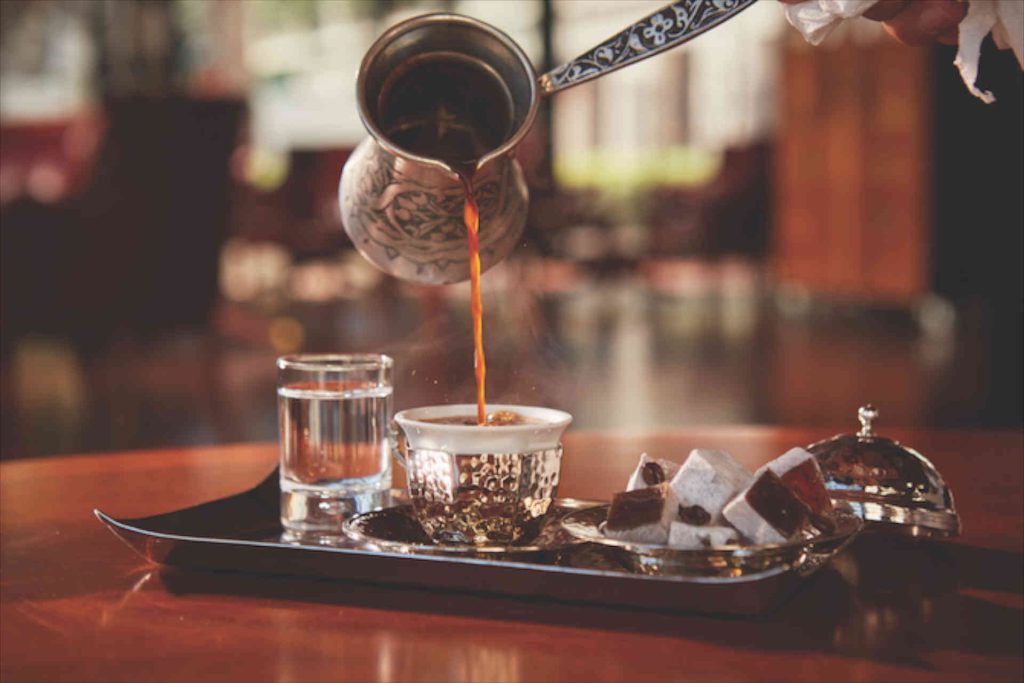
From the heritage of Turkish coffee to the future of global coffee production: Just in time for World Turkish Coffee Day, we reveal how Turkish coffee has shaped Europe, why the price of the “black gold” is rising, and the key figures defining global coffee consumption. A deep dive into traditions, trends, and challenges in the world of coffee.
Turkish coffee is more than just a drink - it’s a symbol of hospitality, a cherished ritual, and a timeless tradition. Recognized by UNESCO as Intangible Cultural Heritage of Humanity in 2013, Turkish coffee is celebrated every year on December 5th as “World Turkish Coffee Day”. Prepared in a cezve (a small pot) and traditionally served with water and lokum (Turkish delight), it offers moments of togetherness and cultural connection.
The origins of Turkish coffee trace back to the Ottoman Empire, where beans from Yemen were brought to Istanbul and quickly became a staple of daily life. Coffeehouses in the Ottoman era were not just places to enjoy a cup of coffee but also vibrant social hubs. This tradition inspired the European coffeehouse culture, which began to flourish in cities like Venice, Paris, and Vienna during the 17th century.
Coffee will remain a beloved beverage that bridges cultures, but it faces mounting challenges. Rising prices and climate change call for sustainable solutions to secure its future. At the same time, traditions like Turkish coffee remind us of the cultural richness coffee represents. Investing in eco-friendly farming practices, preserving regional specialties, and celebrating coffee rituals are crucial to ensuring that future generations can continue to enjoy the essence of coffee.

Organic is not a label – it’s an attitude. In Falkenstein, Lower Austria, the Pesau winery practices organic farming as a generational contract: for the soil, for the landscape, for the wine. A conversation with Andreas and Georg Pesau about living origin, sustainable craftsmanship and the courage not to bow to every trend.
Barbecuing remains the Austrians’ favorite discipline, as the latest barbecue study 2025 shows. The younger generation in particular is rediscovering the grill for themselves: trend-conscious, internationally inspired and with a focus on taste, quality and sustainability. Read on to find out which barbecue trends will be particularly popular in 2025 and what restaurateurs can take away from them.
Breakfast is more than just the first meal of the day – it is a feeling, an invitation to pause for a moment. More and more hotels are turning breakfast into a stage for taste, creativity and hospitality. Eight selected hotels show how individual concepts can make even morning grouches shine.


From the heritage of Turkish coffee to the future of global coffee production: Just in time for World Turkish Coffee Day, we reveal how Turkish coffee has shaped Europe, why the price of the “black gold” is rising, and the key figures defining global coffee consumption. A deep dive into traditions, trends, and challenges in the world of coffee.